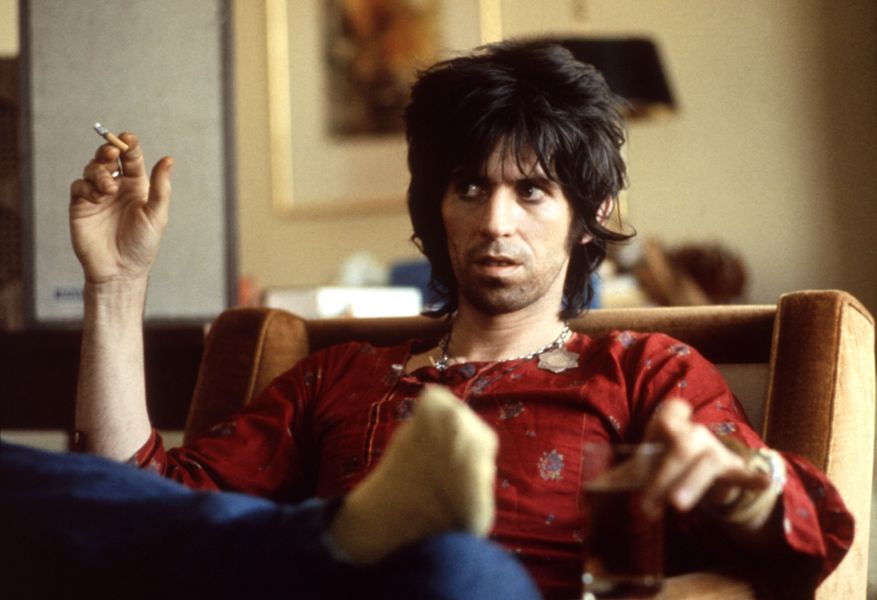In 1971, when The Rolling Stones were looking to record new material for their tenth record, the band found themselves out of the money-grabbing paws of the UK government and living in the South of France. This famed period of tax exile was noted for the band’s 1972 album Exile On Main St. — a record that is widely considered one of the band’s greatest, if not the greatest. The unrefined rhythm and blues compositions were given vigour and life thanks to the unorthodox recording setup in Keith Richards’ residence on the Côte d’Azur.
Despite fans associating the Stones’ exile period with their 1972 masterpiece, they actually remained in exile for several years thereafter. When it came to recording the material for the 1973 follow-up album, once again, the Stones opted to record mainly in studios outside the UK. Much of the material was recorded in Jamaica, an island far away from it all, with warm, sunny weather and gentler taxing infrastructure.
In an interview with Rolling Stone, Richards was asked about Goat Heads Soup. “Oh, yeah,” he started. “It’s weird, when you listen to something you haven’t really heard in its entirety for a long time. It’s a very interesting album. I remember, of course, cutting in Jamaica, and that made it very memorable, especially in that year, because that was ’73, that was the year Marley and the Wailers put out Catch a Fire“.
Richards continued: “That’s also the year the soundtrack of The Harder they Come came out. I remember being in Jamaica. There was a feeling in the air, actually, that Jamaica was starting to make a mark on the map. It was a great feeling.”
How Keith Richards’ gardener inspired one of The Rolling Stones’ classic songs
He added: “[The Harder They Come was] a great introduction to the whole thing. And you felt that in the air in Jamaica. At least I did, because I stayed there. After the sessions, I moved back, and I stayed there for months. That’s where I met all the guys that eventually turned up on the Wingless Angels [in 1997]. It became my second home. But at the time, when we were recording, we were just so into doing the sessions. We were working like maniacs”.
The guitarist continued: “Midnight till ten in the morning. While we were doing that, we didn’t have much time to have much contact with what else was going on in Jamaica. It was after we finished and I moved up to Ocho Rios that I suddenly realised that, ‘Hey, Jamaicans have got something going here, you know?’”
At this point, the interviewer asked why the Stones moved to Jamaica in the first place and asked if it was because nowhere else would take them. “Yeah, basically,” Richards started. “It’s one of the few places that would have us at the time. Because this is when the exile bit of this whole thing really kicked in. Cutting Exile [on Main St.] was like, you just left England. We all moved into my basement [at Nellcôte in France] and carried on. We were still in each other’s pockets, you know?”
“But by the time we cut Goats Head, it had been almost a couple of years. Mick had married Bianca, and then … in other words, we had become exiles. Charlie was living in France. We were all over the place. Mick and I had to learn how to write and do this stuff apart while we’re not actually next door in the hotel room or around the corner. So this was my first attempt at writing long-distance, so to speak.”
As Richards lingered in Jamaica following Goats Head Soup, he fell in love with the Caribbean island, and it eventually became a second home to him. After befriending some native reggae musicians (later to be known as Wingless Angels), Richards kept in close contact and was invited to produce their self-titled album in 1997.
Listen to ‘I Write My Name/Good Morning’ from Wingless Angels below.



